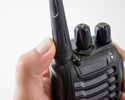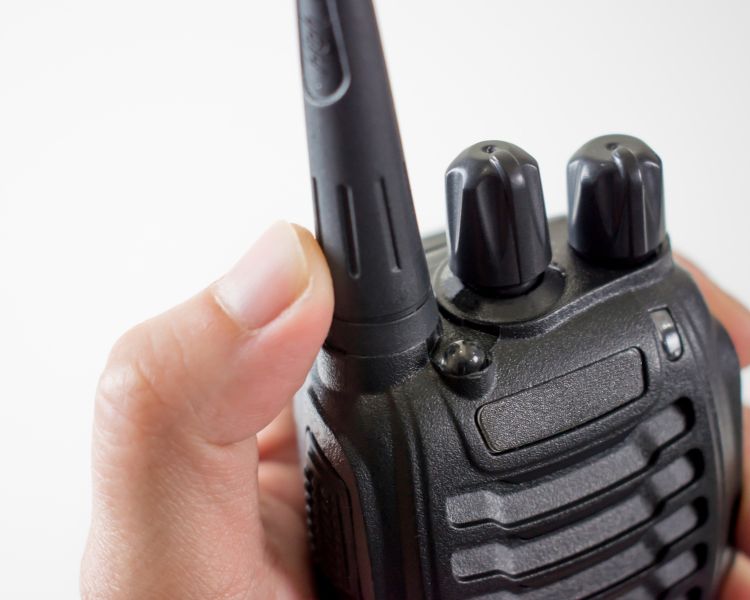
Mistakes You Could Be Making With Your Portable Radio
, by Joseph Gabriel, 2 min reading time

, by Joseph Gabriel, 2 min reading time

Portable radios are vital communication tools for people who value real-time communication over long distances without depending on cellular networks. However, keeping these devices in good condition can be tricky. Being aware of these mistakes you could be making while using portable radios can help you avoid miscommunication and increase the longevity of your devices.
Configuring the programmable channels and features of your radio is crucial for its performance because communication loss and interference negatively affect the clarity of your transmissions. To avoid these issues, consult the owner’s manual or seek assistance from a radio technician. Programming the channels can be tricky at times, but it’s essential for communication on the job site.
Some users handle their devices carelessly and damage the antenna, which can disengage communication across channels. Make sure the antenna stays in its original shape and position. Refrain from pulling, bending, or twisting the antenna, and keep the device in a safe place when not in use to avoid damage.
Battery maintenance is crucial for the performance of your portable radio. Leaving old or worn-out batteries inside the radio can cause internal damage due to leakage and corrosion.
Checking the battery’s condition regularly and replacing them when needed can prevent premature failure of your radios. We recommend removing the batteries if you won’t be using the radio for a long time.
Portable radios can last for years with care. However, if you aren’t storing them properly, they’ll quickly degrade.
Store your radios in a clean, temperature-controlled environment to prevent moisture build-up, dust, and extreme temperatures from damaging them. We suggest using a protective case for extra safety and easy transportation.
Another common mistake you might be making with your portable radio is choosing inexpensive models. These radios are often unreliable and incapable of withstanding harsh conditions. The last thing you need to worry about is a loss of communication in dire moments because your radio stopped working.
Flimsy portable radios typically have a short battery life, poor transmission range, and are composed of low-quality materials. The fact of the matter is that some portable radios are simply not built for rugged conditions and constant use.
Atlantic Radio recommends the Motorola handheld radio for a wide array of professions. The versatile communication among UHF or VHF and the construction of high-quality materials make this line of radios desirable for construction crews, security personnel, and more!